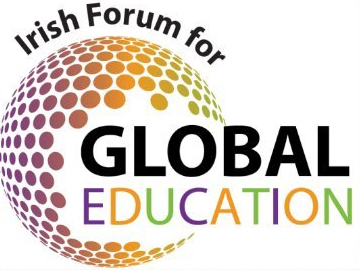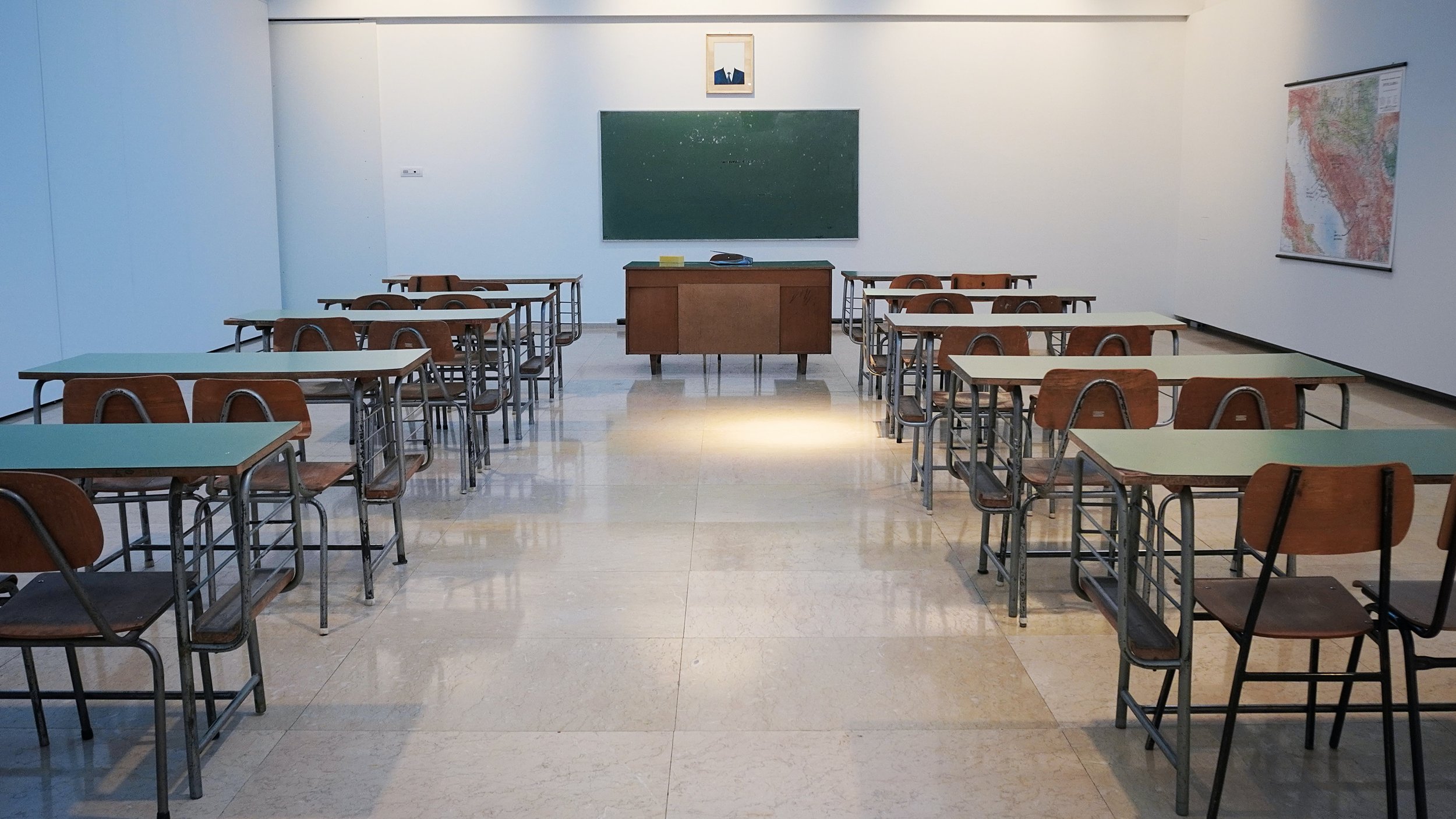The Right to Education in Emergencies
Eamon Rafter, IFGE Coordinator
IFGE strongly asserts that every child in Ireland or in any other country in the world has the right to access quality education. We believe the right to education goes beyond academic achievement to the development of the child’s personality, talents and abilities to their fullest potential, and to providing them with the tools to live a full and responsible life within society. This is the basis of Articles 28 and 29 of the UN Convention on the Rights of the Child (2). Human Rights Law has binding regulations in relation to the availability, accessibility, acceptability and adaptability of education systems and yet in practice the regulatory framework to ensure that this right is upheld is inadequate.
IFGE is aware that the right to education is an evolutionary process, but monitoring of the upholding of this right has been inadequate. How can it evolve if it hasn’t been enforced to date? For many the right to education remains an aspiration or even a dream. This is all the more so when we look at the state of education in the context of emergencies. Even prior to COVID-19, 250 million children & youth were out of school and 800 million adults were illiterate. The COVID-19 crisis has profoundly affected education systems across the world. School closures in over 190 countries have laid bare inequalities in education , deficiencies in remote learning, discrimination against girls, a resurgence of child labour, as well as the important role schools play in students’ health, wellbeing and physical safety.
Violent conflict, climate change, natural disasters, public health emergencies, and forced migration are affecting a growing number of people globally. In 2021, 235 million people were in need of humanitarian assistance and wars in Ukraine and Yemen have intensified this.
Emergencies have a huge impact on the right to education for millions of people and according to the Global Campaign for Education in 2019, 127 million primary and secondary school-age children and young people living in crisis-affected countries were out of school. This is particularly bad for the most marginalised like children with disabilities. We believe that the right to education should not be suspended in emergencies as education can help to save lives and help to protect children. It is a documented fact that education is often the only option for their protection during emergencies.
Despite this, IFGE questions why education only receives a small fraction of total global humanitarian funding. Saving lives is rightly considered a priority and this is the rationale for humanitarian support in emergencies. Education in emergencies means more than crisis response however, as it can provide physical, psychosocial, and cognitive protection that can sustain and save lives. The Inter-agency Network for Education in Emergencies(INEE) asserts that in times of crisis it is, therefore one of the few ways that protection and hope remains. (3) It is essential, therefore, in our opinion that especially in places relatively untouched, as yet, by such emergencies, we provide support and solidarity for the right to education in all circumstances. For this reason IFGE supports the call to action through support and solidarity for the campaign to Protect Education in Emergencies Now. Our governments have a key role to play in order to ensure that the right to education in emergencies is prioritised. We therefore, add our voice to the campaign.
IFGE believes that education is not just a preparation for life. It is life itself. If education in emergencies is to be upheld as a right, we will need a reformulation of international law to consolidate and move it forward and finance for this is essential. This right is not just for children and lifelong learning is forgotten too easily in emergency contexts. Every learner should matter equally. We cannot choose between right to life and right to education. IFGE strongly asserts that both need to be prioritised, so that saving lives is the first step and education is essential for healing, renewing, rebuilding and creating new possibilities.
(1) https://plan-international.org/case-studies/returning-school-after-fleeing-conflict-ukraine
(2)booklet_english (childrensrights.ie)
(3) Inter-agency Network for Education in emergencies Hello | INEE
Courtesy of Ivan Aleskic
“The conflict in Ukraine has disrupted the education of a whole generation of children. Getting pupils back into school is critical to provide a sense of normality and safety, as they start to rebuild their lives in a new country.”
Emilia Sorrentino, Education in Emergencies Specialist at Plan International (1)



